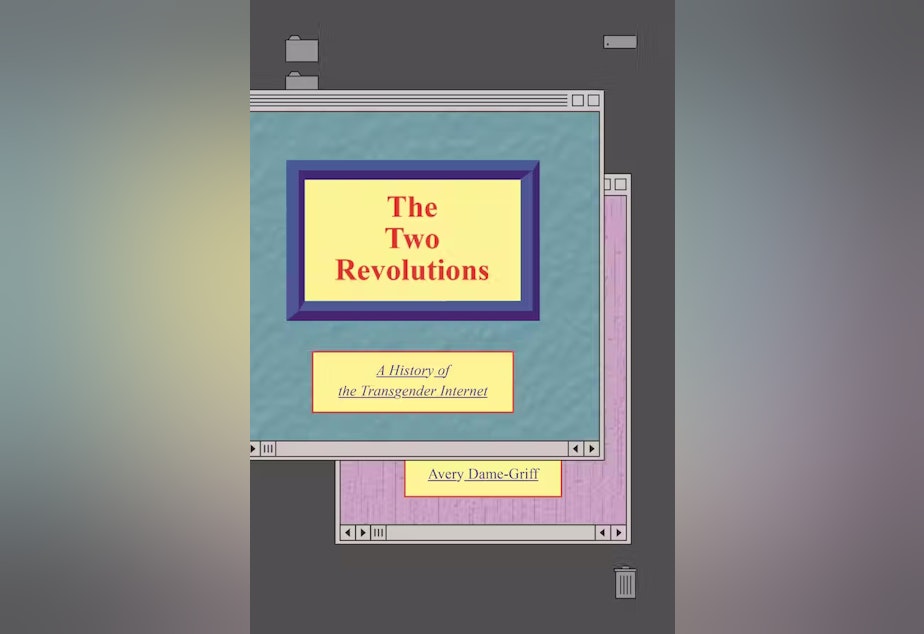How the early internet defined what it meant to be 'transgender'

Think back to the '90s. As a kid, you might have been catching "Saved by the Bell" before school or stacking up a collection of Nirvana tapes. And who could forget dial up internet?
This was the first time that the average household in America could purchase a personal computer, and for a community of users who were questioning the restrictions of gender, it opened a new world.
It was in those early years of dial up internet and online chat rooms that Avery Dame-Griff first logged on and quickly discovered that creating a community on the internet didn't have to work like real life.
"I was really active on forums," he said. "I remember being much too young in random online chat rooms, like talking to folks. In that case, they're talking about the experience of be asked" ASL" and realizing, 'Oh, I could lie about that S part,' which means age, sex, location."
Dame-Griff wasn’t alone. The ways in which early online culture nurtured and propelled gender identity is at the center of his new book titled “The Two Revolutions: A History of the Transgender Internet.”
Dame-Griff is a lecturer in the Department of Women’s and Gender Studies at Gonzaga University. He also founded and curates the Queer Digital History Project, which documents pre-2010 LGBTQ digital spaces online.
He told said that there was a comfort in the anonymity of early dial up internet.
Sponsored
"I grew up in the Deep South, in Alabama. So I was also in a world with very gendered presumptions that I did not fit. I was no good at it. And so all of those things in my lived experience of my daily life, that stuff was removed for me in particular, and so it felt very comfortable. Everyone just made the assumption, so I didn't have to correct it."
Listen to the full Soundside interview by pressing "play" on the audio above.





